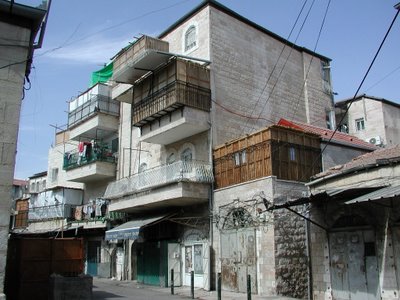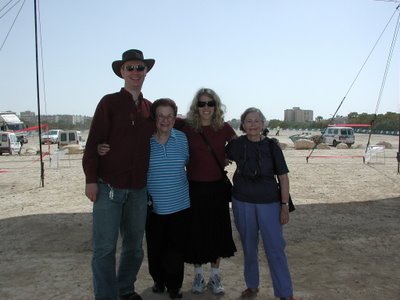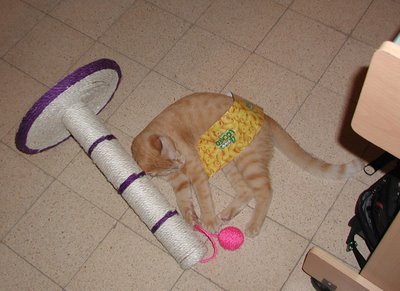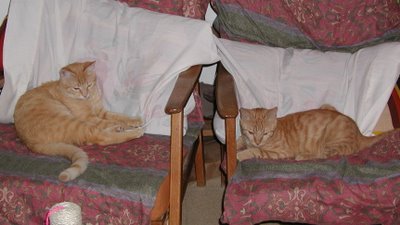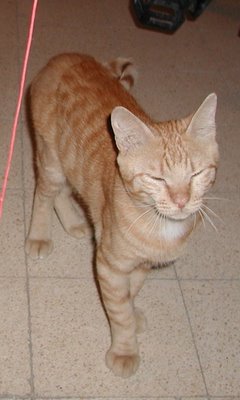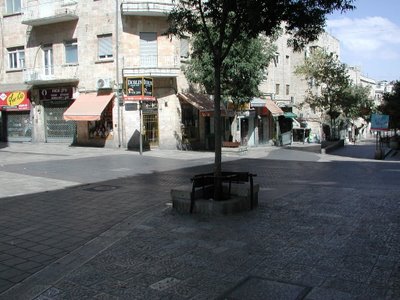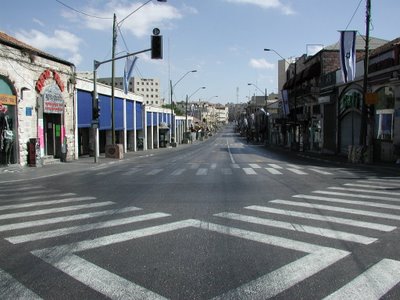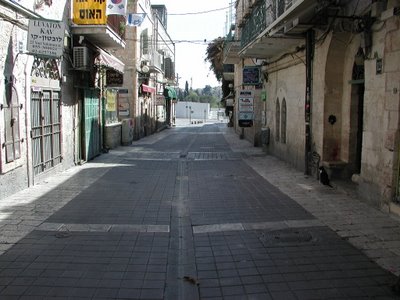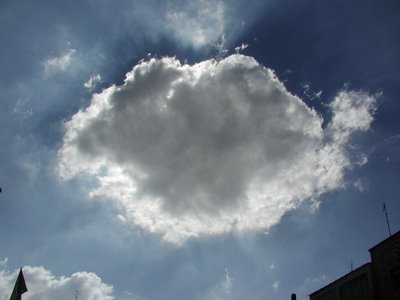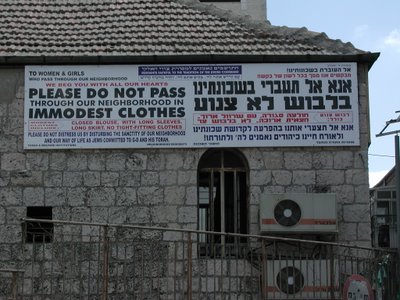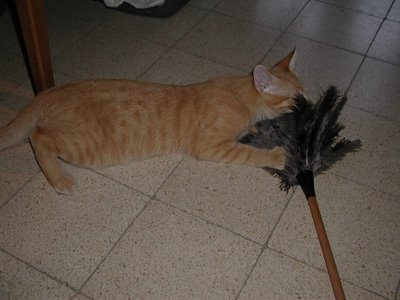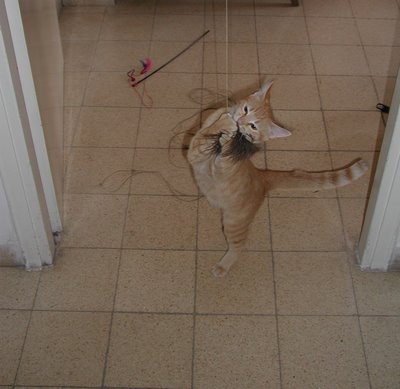Concerts, movies, and grammar, oh my!
We had a few people over for Halloween – good company, and lots of lots of food and candy. We watched Chamber of Secrets, the scary Harry Potter, but ended up talking through most of it. I think the cats were the biggest hit of the night… at one point they were playing and were being adorable and Mara told us, “You Lovings have the most beautiful babies!”
School-wise, I learned something fascinating while doing my Liturgy reading last night. The Torah is read on Mondays and Thursdays, and I had always thought it had some deep symbolic meaning, that maybe those days were sanctified somehow. Nope. Turns out that Mondays and Thursdays were the market days in the ancient world, and the days when most people would hear the Torah reading. Forget the symbolism, it’s all about practicality! Now I wonder, what are the other seemingly special traditions that are mundane in origin?
Grammar and dagesh-wise (I don’t know why, but I’m fascinated by the multiple uses of dots lately), whenever the letter Hay is at the end of a word and has a dot in it, it symbolizes possession. Ben=son, benah (with the h with a dot) is “her son.” The possessive dot it called a “mapeek.”
AND, the Dalet is now a “D” sound, but if the Dalet has a dot in it, it’s a “TH” sound. In the Talmud it says that when Rabbi Akiva (http://en.wikipedia.org/wiki/Rabbi_Akiva) died under Roman torture, he said the Sh’ma (Hear, O Israel, Adonai is our God, Adonai is One). The story says that he extended the last word of the Sh’ma until the moment he died. Now, the last word is “Echad,” one. I had always thought that he extended it by saying “Echaaaaaad” or some such. “Echaddddd” is impossible, since D is a stopping letter on the tongue. But according to today’s lesson, if he extended the very last sound in the word, what he said was “Echathhhhhhhhhhhhhh.” The story makes sense now! I love that grammar can illuminate history.
The HUC rabbinic students met with the Israeli rabbinic students tonight - fascinating experience. They're all much older, usually 2nd career, but at the very least in their late 20s after the army and college. It was quite insightful to talk with them about how they came to the Reform movement, the differences in attitudes toward Reform in Israel and the US, and how they feel as entering rabbinic students. All in all, I feel that they're taking a much bigger leap than we are - being a rabbi is a "good thing" in the States. Reform is well-known, no one blinks at a woman leading services, and almost all American students' families have been extremely supportive. Not so for the Israelis - the culture is against women on the pulpit, not to mention Reform in general.
Anyways... off to dinner.

